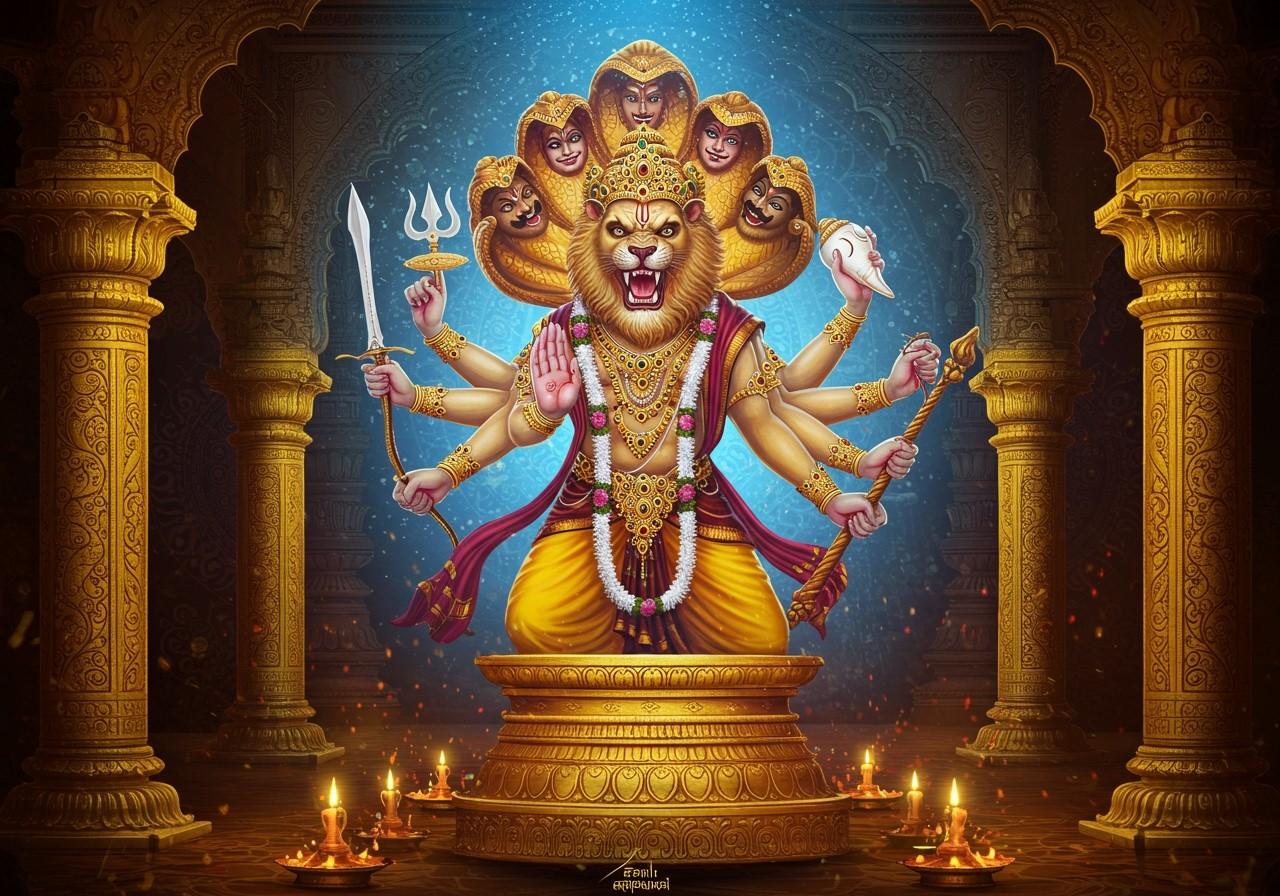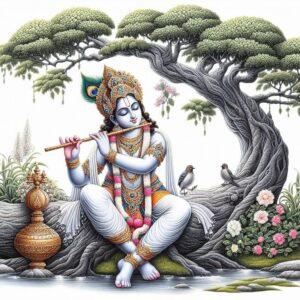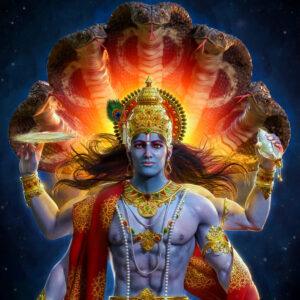
Delve into the rich legacy of Narasimhadeva, a name resonating with historical importance and cultural heritage. This exploration encompasses pronunciation, meaning, and historical impact, particularly for culturally rooted Indians who value tradition and appreciate authentic ritual items. We’ll also touch upon the divine figure of Narasimha, the fourth avatar of Vishnu.
Understanding the Meaning of Narasimhadeva
The name Narasimhadeva originates from Sanskrit. “Narasimha,” signifying “Man-Lion,” embodies the deity’s dual nature, while “Deva” denotes divinity or godhood. This powerful name epitomizes protection, strength, and divine intervention, symbolizing the triumph of good over evil within Hinduism. Narasimhadeva continues to be a source of profound devotion in modern religious practices.
The Importance of Correct Pronunciation
Proper pronunciation of Narasimhadeva is crucial for preserving cultural heritage. Pronounced as “Nuh-ruh-sim-huh-day-vuh,” each syllable holds significance. Mispronunciations can alter the intended meaning, diminishing the name’s essence. While regional variations exist across India, understanding these nuances enhances our connection to the cultural significance. Accurate pronunciation deepens spiritual connection and appreciation for the deity’s mythological role. Resources like language apps and audio guides can be valuable tools for mastering the correct pronunciation, strengthening our ties to tradition.
Narasimhadeva in Hindi
In Hindi, Narasimhadeva is written as नरसिंहदेव, aligning with the deity’s attributes in Hinduism. Hindi acts as a bridge for traditional narratives, uniting diverse Indian cultures. Nuances in meaning arise in Hindi translations, emphasizing cultural context and depth, as Hindi-speaking communities frequently incorporate Narasimhadeva into their rituals. Language significantly impacts how cultural values are transmitted across generations. Exploring Hindi literature, including scriptures and texts, offers a deeper understanding of Narasimhadeva’s legacy, bringing these stories to life.
The Historical Impact of Narasimhadeva
Narasimhadeva holds immense historical significance in Indian mythology and culture. The Eastern Ganga dynasty revered him, with Narasimhadeva I (1238-1264 CE) playing a pivotal role. His reign, marked by the defeat of Muslim forces from Bengal, solidified his place in history. His contributions to art and architecture, notably the magnificent Konark Sun Temple built between 1238 and 1264 CE, remain powerful testaments to his legacy. His representation in historical texts has profoundly shaped India’s cultural identity. Narasimhadeva’s moral teachings, emphasizing courage and righteousness, continue to inspire devotion and ethical conduct today.
The fourth avatar of Vishnu, Narasimha, also holds immense significance. This part-lion, part-man figure embodies divine intervention, restoring dharma by defeating the demon Hiranyakashipu. This narrative resonates deeply within Hindu belief, symbolizing the ultimate triumph of good over evil.
Cultural Significance and Modern Relevance
Narasimhadeva remains culturally relevant in modern India, inspiring festivals and religious gatherings. His values of protection and resilience resonate strongly, especially in challenging times. Contemporary art and literature continue to draw inspiration from his legacy, portraying him as a symbol of hope and strength. Community initiatives actively promote his teachings, ensuring cultural continuity. Engaging with Narasimhadeva’s legacy can be a deeply personal journey of spiritual growth and cultural exploration. His enduring influence bridges past and present, connecting generations through shared cultural values.
How Poojn.in Can Enhance Your Devotion to Lord Narasimha
Poojn.in, India’s leading Dashakarma Bhandar, offers authentic puja items to facilitate your worship of Lord Narasimha with reverence and devotion. Our offerings include:
- Complete Narasimha Puja Sets: These pre-assembled kits contain everything needed for Narasimha puja, ensuring convenience and completeness.
- Pure Copper Yantra: Discover sacred geometric patterns dedicated to Lord Narasimha, crafted with pure copper for enhanced spiritual significance.
- Brass Idols: We offer meticulously crafted Narasimha murtis in various sizes, allowing you to choose the perfect representation for your devotion.
- Pure Cotton Vastram: Offer traditional clothing items to the deity, made from pure cotton for authenticity and purity.
- Authentic Kumkum: Use sacred kumkum powder for tilak and other rituals, sourced for its genuineness.
- Pure Ghee Diyas: Illuminate your aarti ceremonies with traditional diyas filled with pure ghee, enhancing the spiritual atmosphere.
- Genuine Chandanam: Offer sandalwood paste, known for its fragrance and spiritual significance, as part of your rituals.
Every item adheres to traditional specifications and is sourced responsibly. We ensure all puja items meet religious requirements. Visit www.poojn.in to explore our full Narasimha collection. We provide pan-India delivery with secure packaging to preserve the sanctity of these sacred items. For personalized guidance, our customer service team is available to assist you. We uphold stringent quality standards, enabling you to perform rituals with authentic materials.
Embracing the Legacy of Narasimhadeva
Embracing Narasimhadeva’s legacy allows us to connect with our rich cultural heritage. It encourages a deeper understanding of his teachings and their contemporary relevance. By honoring his pronunciation, meaning, and historical impact, we preserve the traditions that define our identity. Integrating his values into our lives offers strength and inspiration. Through festivals, literature, or personal reflection, Narasimhadeva’s legacy provides timeless guidance. Let us continue to celebrate and preserve this heritage for ourselves and future generations.
Narasimha Jayanti Celebrations, Rituals, and Significance
Pooja Samagri for Lakshmi Narasimha Puja: A Complete Guide
FAQs on Narasimhadeva
What is the meaning of Narasimhadeva? Narasimhadeva combines “Nara” (man) and “Simha” (lion), representing Lord Vishnu’s man-lion form, embodying strength and protection.
How is Narasimhadeva pronounced? Pronounce it as “Na-ra-sim-ha-de-va,” emphasizing each syllable.
What is Narasimhadeva’s historical impact? As an avatar of Vishnu, Narasimhadeva symbolizes the victory of good over evil, inspiring temples and traditions across India. A prominent example is Narasimhadeva I of the Eastern Ganga dynasty (1238-1264 CE), known for his military victories and architectural achievements like the Konark Sun Temple.
What does Narasimhadeva mean in Hindi? Written as “नरसिंहदेव,” it carries the same meaning as in Sanskrit.
Why is Narasimhadeva important in Hindu culture? He embodies divine protection, teaching courage and righteousness, making him a revered figure.
Where can we see Narasimhadeva’s influence today? His influence is evident in numerous temples across India, particularly in Andhra Pradesh and Karnataka, and during festivals like Narasimha Jayanti.
How does Narasimhadeva relate to other Vishnu avatars? He is one of the ten Dashavatara, each with a specific role in maintaining cosmic order. Narasimha’s role was to vanquish the demon Hiranyakashipu.


